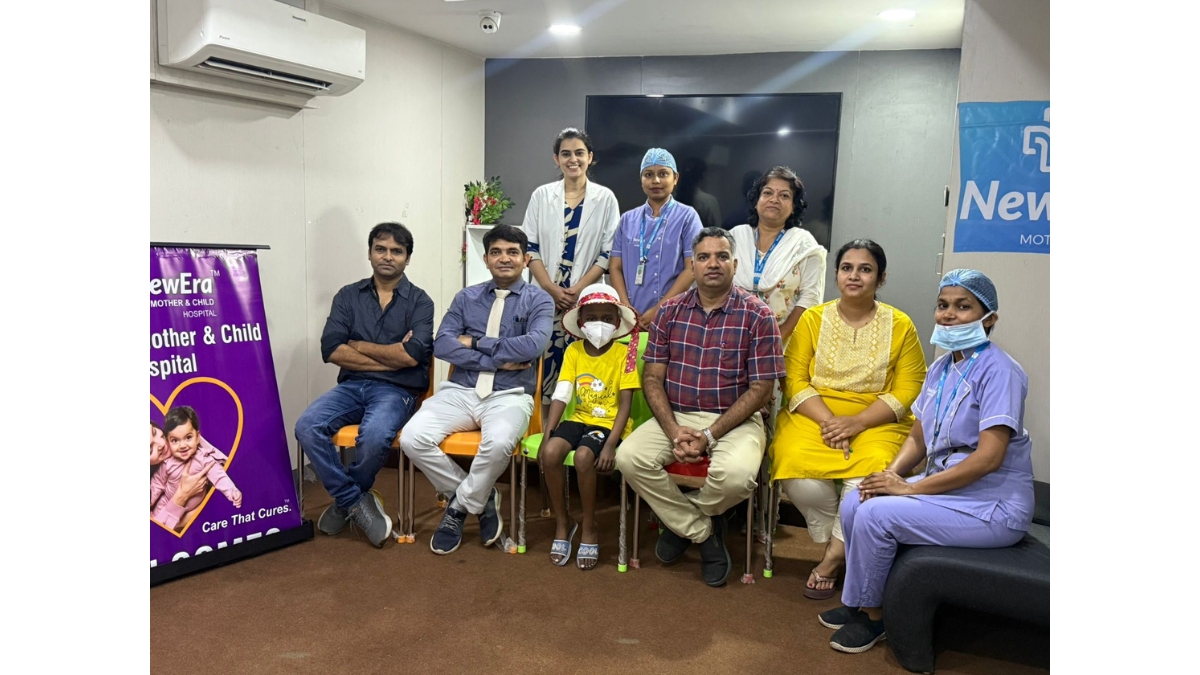Mumbai (Maharashtra) [India], November 25: The way health insurance is regulated in India has shifted after recent directions from the Insurance Regulatory and Development Authority of India (IRDAI). For many salaried people, the first and often only protection against hospital bills is the cover offered at work, so any change in rules affects employees who depend on company medical insurance.
This article looks at the broad intent of the new framework and what it may mean for employer-backed group cover in India.
How the New IRDAI Framework Sets the Tone
Through its latest master circular on health insurance, IRDAI has pulled earlier guidance into one document and nudged insurers towards policies that are more transparent, more inclusive, and more service-focused. The overall direction is to:
- Explain benefits and exclusions in straightforward language.
- Ensure smoother claim handling.
- Protect continuity benefits when policies move or renew.
These ideas influence not only retail health insurance plans but also the group mediclaim policy that employers arrange for their workforce.
Clearer Information for Employees
A frequent pain point in employer health insurance is the surprise element at the time of claim. Employees assume something is covered, only to discover a room rent cap, a sub-limit or a waiting period. The new rules encourage insurers to share short customer information sheets so that the essentials are visible at a glance.
For a company-sponsored medical insurance plan, this can make it easier for staff to see:
- What kind of hospital rooms are covered without extra payment?
- Which treatments have limits or co-payments?
- How long must they wait before maternity or certain illnesses are covered?
If HR teams share these sheets during joining and renewal, employees can judge more calmly whether the organisation’s cover is enough for their family and whether they should also buy health insurance in their own name.
Stronger Attention to Claim Experience
IRDAI has also framed expectations around how quickly insurers should respond during cashless admission and discharge, with an emphasis on faster, more seamless claim settlement. The intent is to cut down extended waits at the hospital billing desk and make claim outcomes more predictable.
In a group health context, one complex claim can colour how the entire benefit is viewed. With tighter expectations in place, insurers and their service partners are under pressure to streamline processes. They also need to keep both employees and HR informed as a claim moves through the system. When this happens, the value of employer health insurance plans is felt more tangibly than through a brochure or orientation session.
Continuity When Employees Change Jobs
Another strong theme in the recent rules is continuity. IRDAI has reinforced that policyholders should be able to carry forward credits, such as completed waiting periods and no claim bonuses, when they move between insurers. This also applies when they shift from a group policy to an individual one.
For employers and employees, this can translate into:
- Easier movement from the company mediclaim policy into an individual plan when a person resigns, subject to the insurer’s conditions.
- The possibility of preserving past benefits instead of starting again from scratch.
For professionals, this is a reminder not to think of company cover as something that ends abruptly on the last working day, but as a base they can build on when planning long-term medical insurance.
Broader Inclusion and Flexible Benefit Design
The regulatory direction also encourages insurers to design health insurance for a broader set of health needs. There is greater emphasis on coverage across age groups, with more inclusive treatment of pre-existing conditions, mental health, chronic illnesses and disabilities. It also extends to a wider range of treatments, including day care procedures and alternative systems, wherever the employer chooses to include them.
For group medical insurance, this can gradually influence how companies think about:
- Including parents or older dependants, where budgets permit.
- Offering voluntary top-up covers that employees can pay for if they want higher protection.
Organisations that want their benefits package to feel close to the best health insurance their employees could access in the market are likely to pay attention to these options rather than focusing only on the base sum insured.
What Employers and HR Teams Should Revisit
Against this backdrop, it helps employers to take a structured look at their current group health arrangements. Useful steps include:
- Reviewing the latest policy wording and customer information sheet with the insurer, not just the premium quote.
- Checking whether frequent employee requests, such as parental cover or mental health support, are addressed in the design.
- Guiding staff on when it may be wise to supplement employer cover with separate health insurance plans rather than relying only on the office mediclaim policy
Even without a significant cost increase, better communication and sharper service expectations can lift how employees perceive the benefit.
Conclusion
IRDAI’s recent rule changes do more than rearrange regulations on paper. They influence how employer health insurance operates day to day by pushing for clearer information, better claim service and stronger continuity. For organisations, this is an opportunity to align group medical insurance with both compliance requirements and what employees genuinely need.
For working professionals, it is a signal to understand how their mediclaim policy functions, ask informed questions at work, and, where needed, add their own cover so that protection does not rest solely on one job. Together, these shifts can support a more resilient and responsive health insurance ecosystem for employees and their families across India.
If you have any objection to this press release content, kindly contact pr.error.rectification@gmail.com to notify us. We will respond and rectify the situation in the next 24 hours.





